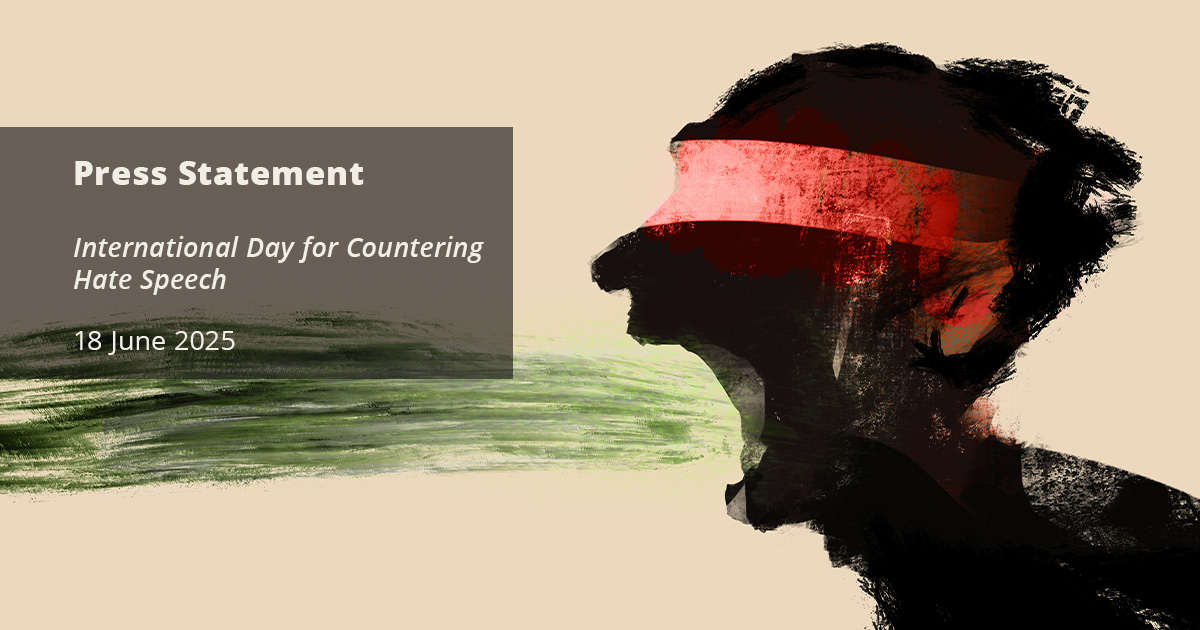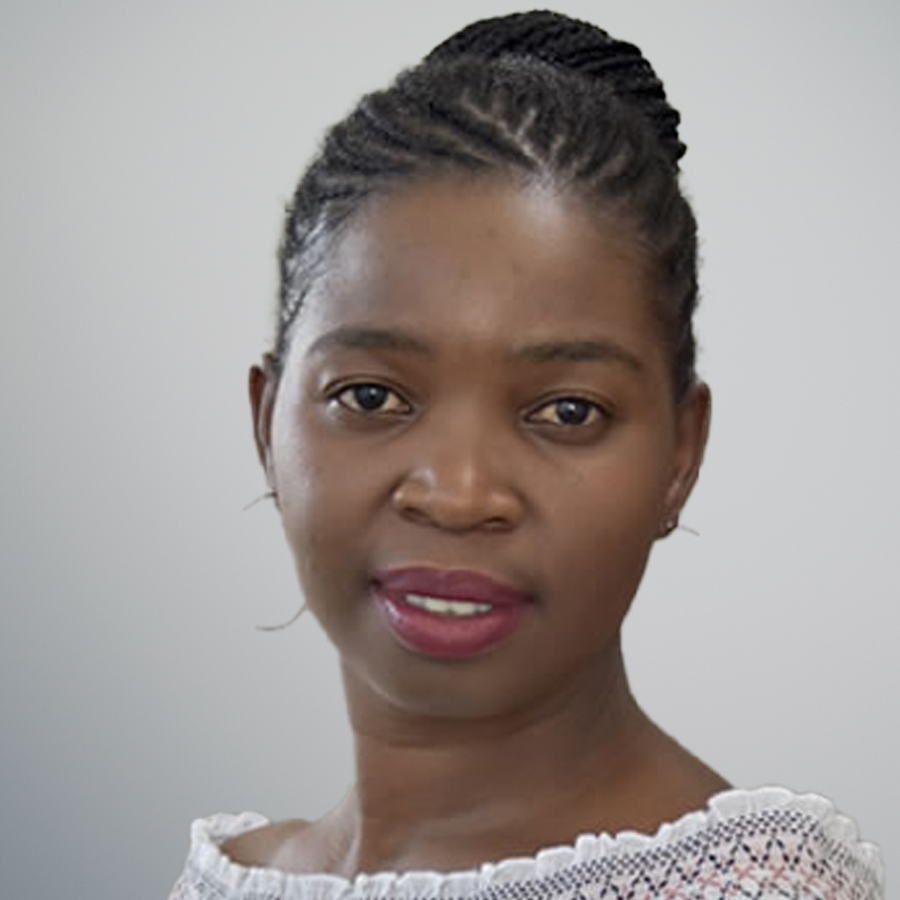On this International Day for Countering Hate Speech, the Centre for Human Rights, Faculty of Law, University of Pretoria, joins the global community in amplifying the call for urgent and coordinated action to confront the rise of hate speech, especially as it proliferates through artificial intelligence (AI) technologies and digital platforms. While the phenomenon of hate speech is not new, its reach and consequences have grown dramatically in the digital era.
The UN General Assembly’s 2021 resolution on promoting inter-religious and intercultural dialogue and tolerance in countering hate speech recognises the exponential spread of hate-fuelled communication around the world. In response, the UN proclaimed 18 June as the International Day for Countering Hate Speech, providing a global framework for collective efforts to prevent, address, and mitigate the devastating effects of hate speech on peace, development, and human rights.
Artificial intelligence, particularly in its use by social media platforms and content recommendation algorithms, has significantly changed the landscape of communication. AI technologies sort, promote, and amplify content at scale and without strong ethical governance, they can unintentionally prioritise provocative and hateful content that attracts higher engagement.
In Africa, where mobile and internet penetration are growing rapidly, this dynamic has allowed hate speech to travel further and faster than ever before. From inciting political violence in Kenya, to fuelling xenophobic attacks in South Africa, to escalating ethnic tensions in Ethiopia, we have witnessed how hate can be algorithmically spread and weaponised.
Similarly, AI holds immense potential as a tool for early warning and intervention. Properly designed and ethically governed AI systems can detect and flag harmful speech patterns, monitor misinformation and disinformation trends, and support peacebuilding initiatives. However, this requires close collaboration between governments, the private sector, and civil society, and must be underpinned by a strong commitment to human rights, transparency, and accountability.
In Africa, countering hate speech must be grounded in the continent’s unique socio-political, linguistic, and historical realities. The continent has more than 2,000 languages and diverse cultural narratives. Speech in context is deeply embedded in identity, tradition, and community values. AI tools trained primarily in Western languages and contexts often fail to detect culturally specific forms of hate speech or miss the coded language used to incite division.
This highlights the need for locally driven AI solutions, developed with African languages, cultural nuances, and human oversight in mind. The private sector, including major technology companies like Meta and Google, should invest extensively in local content moderation teams, language-specific data sets, and community partnerships to effectively address the scale of the problem on the continent. While legal frameworks to address hate speech exist in many African countries, enforcement is inconsistent, and in some cases, problematic. Laws are often vague or overly broad, opening avenues to misuse by state actors to suppress dissent rather than protect vulnerable groups. This ambiguity is particularly dangerous in digital spaces, where online speech can be criminalised without due process or clarity.
The Centre for Human Rights calls for the development of balanced legal frameworks that protect against hate speech while safeguarding the fundamental right to freedom of expression. AI must also be governed under robust data protection and digital rights legislation to prevent misuse, profiling, and censorship, particularly of activists, journalists, and vulnerable and minority communities. We echo the UN’ call for all stakeholders, including governments, civil society, media, technology platforms, educators, and citizens, to work together in developing comprehensive strategies that counter hate while promoting inclusion, dignity, and human rights.
Children and young people are among the most frequent users of digital platforms and thus among the most vulnerable to hate speech and online bullying. With increasing exposure to algorithmically surfaced harmful content, young users are more susceptible to internalising prejudice and participating in discriminatory behaviour online. There is an urgent need to mainstream digital literacy and empathy education across African school systems. Initiatives such as the #NoToHate campaign provides accessible materials to help children understand and challenge hate speech. Schools, parents, and community organisations must equip young people not only with the skills to identify harmful content but also with the courage to speak out, support their peers, and promote a culture of kindness, online and offline.
The journey to a more respectful and inclusive digital ecosystem requires fundamental changes in the development, deployment, and governance of technology. Artificial intelligence and other emerging technologies should be used as tools for good, not as silent amplifiers of discrimination and division. As UN Secretary-General António Guterres reminds us, “..., hate speech travels faster and farther than ever, amplified by Artificial Intelligence. Biased algorithms and digital platforms are spreading toxic content and creating new spaces for harassment and abuse.”
As discussions around a Global Digital Compact and the governance of AI continue at the international level, African voices, particularly from academic institutions, civil society, and youth, must be actively included. Africa has the knowledge, experience, and moral authority to shape a digital future that upholds justice, equality, and human dignity.
The International Day for Countering Hate Speech is symbolic and also a global call to action. Hate speech undermines peace, divides societies, and threatens the values that bind humanity together. In Africa, where speech carries deep cultural and political weight, the stakes are especially high.
The Centre for Human Rights is committed to promoting inclusive dialogue, advancing legal reforms, and promoting responsible use of technology, particularly artificial intelligence, across Africa. We therefore call on all actors to stand firm against hate, invest in inclusive digital innovation, and use their voices to inspire unity, not division. Let us work together to ensure that our words heal rather than harm.
For more information, please contact:
Expression, Information and Digital Rights Unit
Tel: +27 (0) 12 420 4199
hlengiwe.dube@up.ac.za



